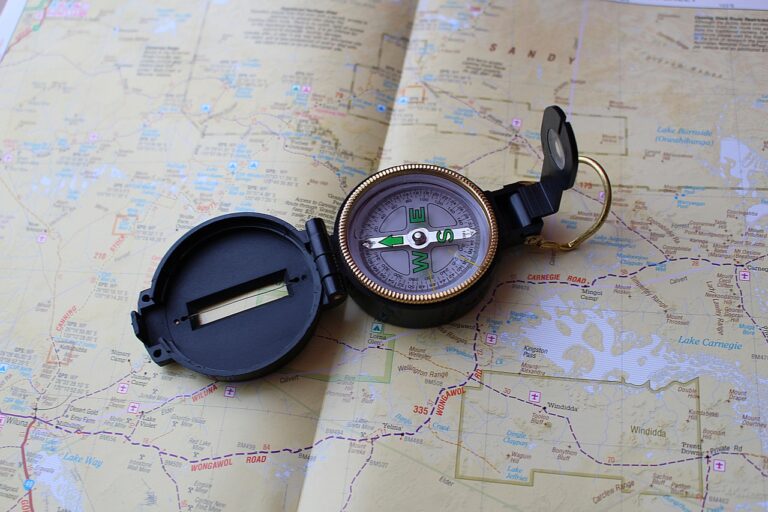Mixed Conditionals and Further Practice

It is also possible to mix second conditional and third conditional clauses. Take the following example:
We are lost now (present) because we didn’t bring a map (past).
In the above example, we are referring to an unreal past condition with a probable result in the present. Therefore, we can mix the condition clause in the past (third conditional) with the consequence clause in the present (second conditional):
If + subject + had(n’t) + past participle (third conditional), subject + would(n’t) + infinitive (second conditional)
If we had bought a map, we wouldn’t be lost now.

We can also do the same for a condition in the present (second conditional) and an unreal past consequence (third conditional):
If + subject + past simple (second conditional), subject + would/might/could + have + past participle (third conditional)
I’m sure that if I were a man, I would’ve got the job.
The following exercises all contain mixed conditionals. Think carefully about time before filling the gaps with a verb in the correct form. You can click on the tips if you need some help.
Now that you have studied all conditionals, including mixed, have a go at the following exercise which provides further practice of everything you’ve learnt do far. Fill the gaps with the correct form of the verb in brackets.